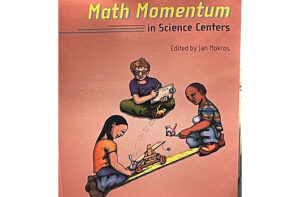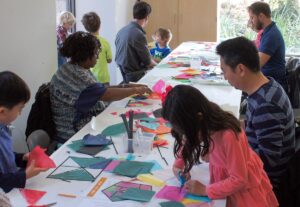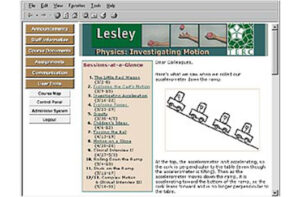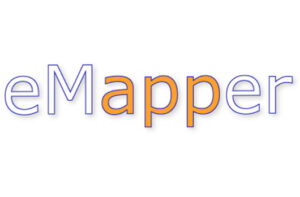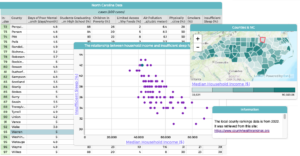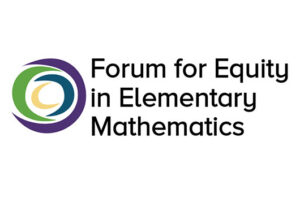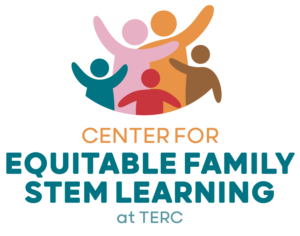Weaving Mathematics and Equity
What We’re Learning about Weaving Mathematics and Equity in Elementary Classrooms: A Video Resource for Educators
Lead Staff:
Susan Jo RussellProject SummaryIn a collaboration with Boston Public School teachers and Boston Teacher Residency, we investigated the weaving of two commitments in grades 1-4 classrooms: to the rigor and depth of the mathematics in which students are engaged, and to the equitable participation of each student in that mathematics. Without engagement in significant mathematical content, a focus on equity is empty. Without attention to opportunities for all students to participate, be heard, and contribute to the mathematics, the depth of the mathematics content may make no difference for many students.
For the six teachers with whom we worked closely, “equity” meant that each student was recognized as a creator and contributor of mathematical ideas. The mathematics content of the lessons we observed focused on noticing, conjecturing, and representing generalizations about the operations. This content deepens the core topics of number and operations in the elementary grades.
The project had three goals:
- to collect video and print artifacts that would provide strong examples of weaving mathematics and equity
- to illuminate work on generalization about the operations as an important site for rigorous, relevant, engaging, and accessible mathematics in the elementary grades; and
- to highlight the mathematical reasoning of students of color in schools that have been underserved and, in some cases, have been labeled as “failing”
We collected extensive artifacts from these classrooms: video of class sessions, student work, and cases written by the teachers capturing episodes from their math lessons. We now have a rich body of work that highlights the brilliance of young, diverse students as they develop their mathematical ideas. From this material, we are developing a professional development resource that supports teachers and coaches to investigate what it means to weave together rigorous, grade-appropriate mathematics with focused attention to all students in the class as they develop agency as mathematics learners.
In a collaboration with Boston Public School teachers and Boston Teacher Residency, we investigated the weaving of two commitments in grades 1-4 classrooms: to the rigor and depth of the mathematics in which students are engaged, and to the equitable participation of each student in that mathematics. Without engagement in significant mathematical content, a focus on equity is empty. Without attention to opportunities for all students to participate, be heard, and contribute to the mathematics, the depth of the mathematics content may make no difference for many students.
For the six teachers with whom we worked closely, “equity” meant that each student was recognized as a creator and contributor of mathematical ideas. The mathematics content of the lessons we observed focused on noticing, conjecturing, and representing generalizations about the operations. This content deepens the core topics of number and operations in the elementary grades.
The project had three goals:
- to collect video and print artifacts that would provide strong examples of weaving mathematics and equity
- to illuminate work on generalization about the operations as an important site for rigorous, relevant, engaging, and accessible mathematics in the elementary grades; and
- to highlight the mathematical reasoning of students of color in schools that have been underserved and, in some cases, have been labeled as “failing”
We collected extensive artifacts from these classrooms: video of class sessions, student work, and cases written by the teachers capturing episodes from their math lessons. We now have a rich body of work that highlights the brilliance of young, diverse students as they develop their mathematical ideas. From this material, we are developing a professional development resource that supports teachers and coaches to investigate what it means to weave together rigorous, grade-appropriate mathematics with focused attention to all students in the class as they develop agency as mathematics learners.

Deborah Schifter, co-PI (consultant)
Boston Public School
Boston Teacher Residency
2018-present
Share This Page:
